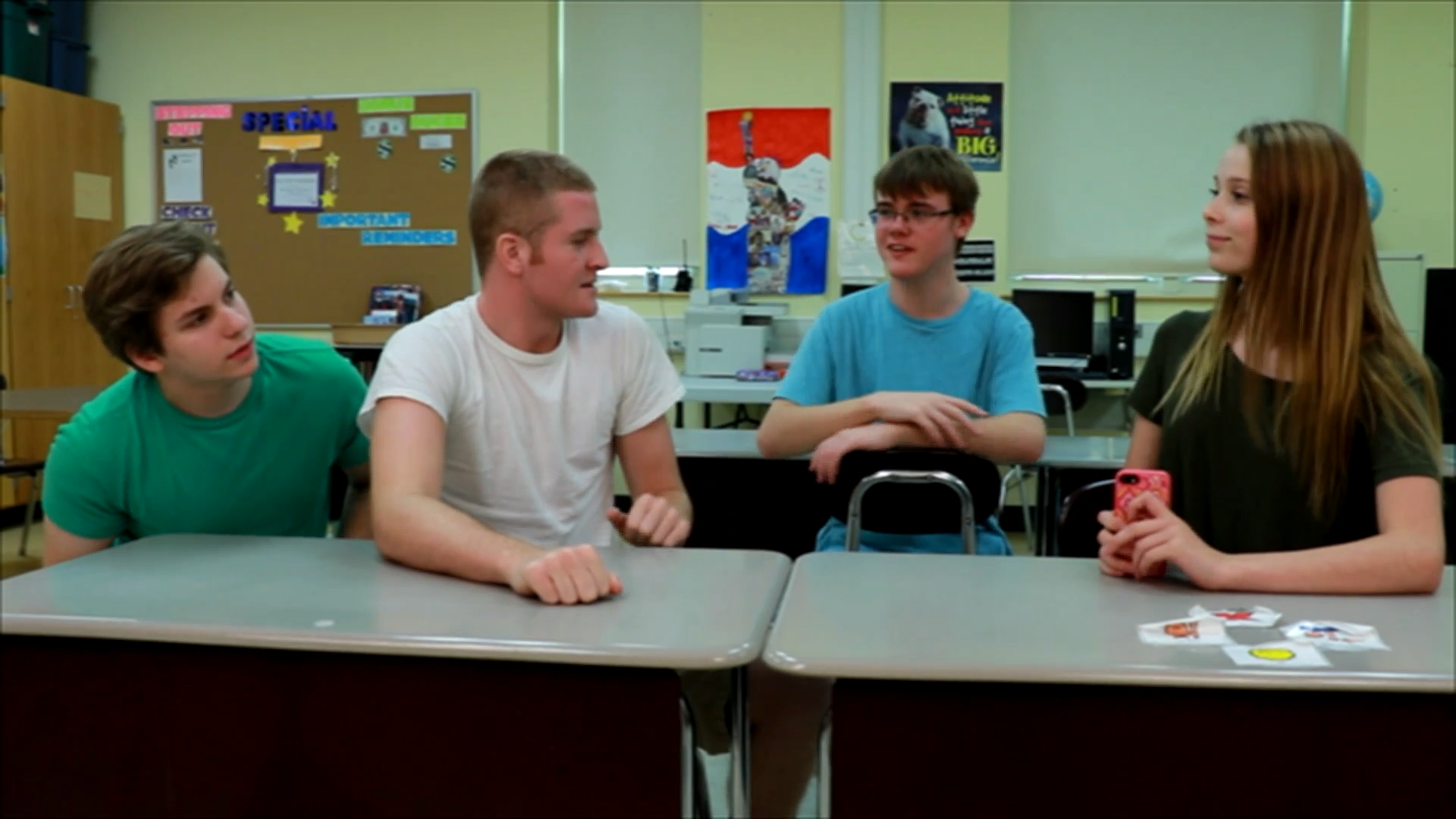Introduction
Being left out is a common experience for people of all ages, but it can be particularly challenging for middle school students who are still developing their social skills and self-esteem. Social-Emotional Learning (SEL) principles can help educators support students in dealing with feelings of exclusion and teach them effective strategies to cope with such situations. In this blog post, we’ll explore an easy-to-implement activity for educators, discussion questions to spark meaningful conversations, and related skills that can further aid students in building resilience and maintaining a positive self-image.
No-Prep Activity: The Positive Self-Talk Circle
This activity requires no preparation or materials and can be done in a classroom setting with middle school students. The goal of the Positive Self-Talk Circle is to help students practice using positive self-talk when faced with feelings of being left out.
- Ask the students to form a circle, either standing or sitting.
- Explain to the students that they will each take turns sharing a positive statement about themselves. This statement should be something they genuinely believe or would like to believe about themselves.
- Start the activity by sharing a positive statement about yourself (as the educator) to set an example for the students.
- Continue around the circle, allowing each student to share their positive statement. Encourage students to listen actively and respectfully to their peers.
- After everyone has shared, lead a brief discussion about the experience, asking students how it felt to share and hear positive statements about themselves and their classmates.
Through this activity, students can develop a habit of using positive self-talk when they feel left out, helping them to maintain a healthy self-esteem and navigate challenging social situations more effectively.
Discussion Questions
- How does it feel when you are left out of an activity or conversation? How do you usually react in such situations?
- What are some strategies you can use to cope with feelings of being left out? How can positive self-talk help?
- Can you think of a time when you unintentionally left someone out? How could you have handled the situation differently to be more inclusive?
- Why is it important to be aware of others’ feelings and try to include everyone in activities and conversations?
- How can developing a strong sense of self-esteem help you in situations where you feel left out or excluded?
Related Skills
Beyond positive self-talk, there are other skills that can help middle school students cope with feelings of being left out. Some of these related skills include:
- Active Listening: Developing strong listening skills can help students better understand others’ perspectives and foster a more inclusive environment.
- Empathy: By learning to put themselves in others’ shoes, students can better understand the impact of their actions and work towards creating a more inclusive and supportive community.
- Conflict Resolution: Learning to address and resolve conflicts in a healthy and constructive manner can help students navigate social situations and maintain positive relationships with their peers.
- Assertiveness: Teaching students to communicate their feelings and needs in an assertive, yet respectful way can empower them to advocate for themselves when they feel left out or excluded.
Next Steps
Supporting middle school students in developing healthy coping strategies for dealing with feelings of exclusion is an essential aspect of fostering their social and emotional well-being. To access free sample materials of the discussed skill and others, sign up at Everyday Speech. By incorporating these principles and activities into your educational practice, you can help students build resilience, maintain a positive self-image, and navigate the social complexities of middle school with confidence.






